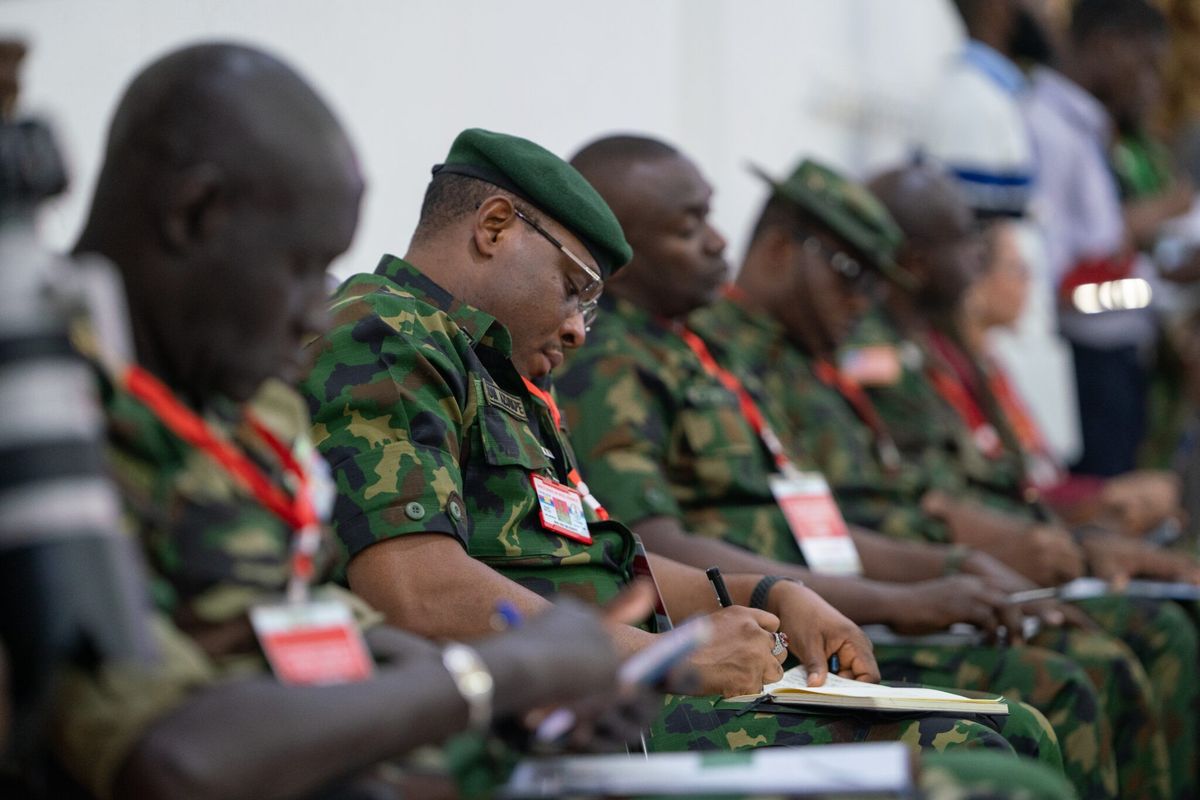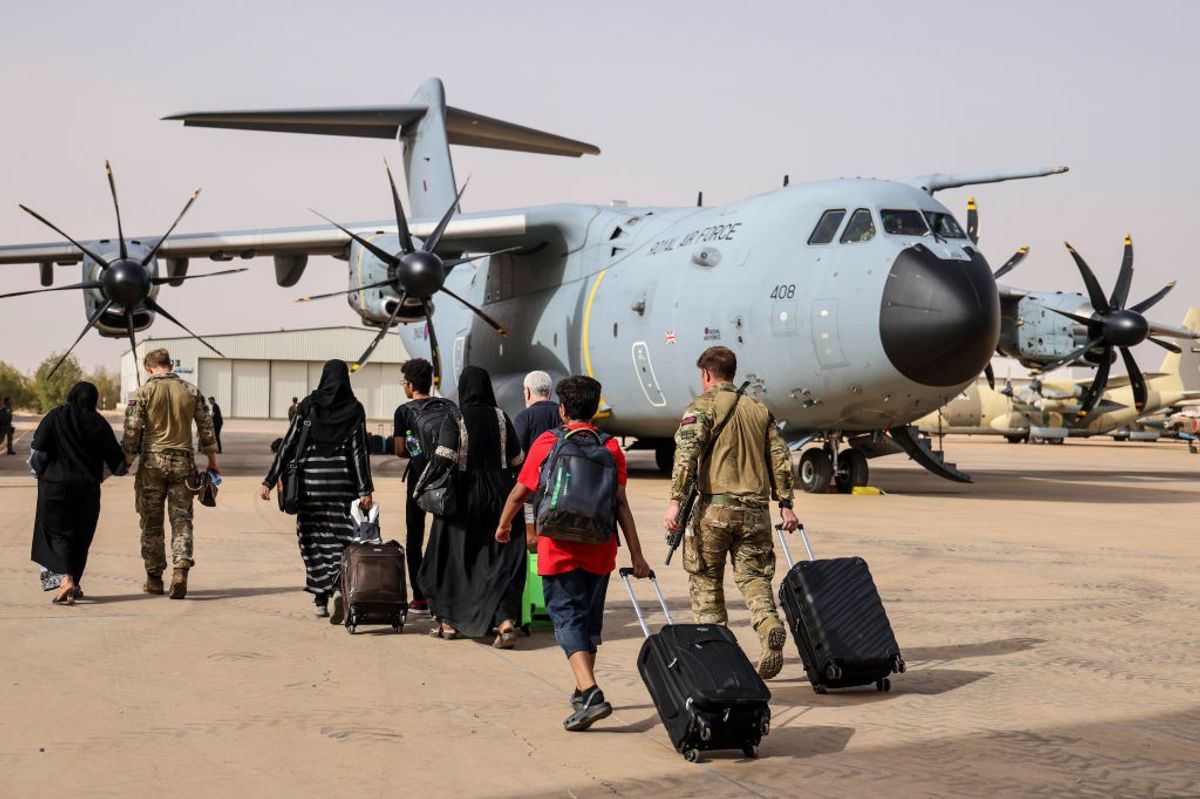The devastating clashes that took place in South Sudan’s capital Juba between July 7 and 11 left hundreds dead and forced thousands to flee their homes. It has also left a city on edge, as security continues to be fragile and livelihoods shattered. It has worsened the economic situation of a country already in bankruptcy, as foreign traders who supply food markets were hit by both the looting of their shops and by insecurity on the supply routes from the neighboring countries.
The violence pitted units of the national army that are under President Salva Kiir against troops backing his long time rival, First Vice President Riek Machar Teny. The two were engaged in a civil war for the last two years, a war that was recently settled through the Agreement on the Resolution of Conflict in South Sudan (ARCISS). This agreement was signed in August 2015, culminating in the formation of a power-sharing government in April 2016.
In light of the suffering the war inflicted on the civilian population, the whole country was in desperate need of peace. Any peace agreement, no matter how weak or shoddy, was seen as far better than no agreement at all. There was a great deal of skepticism about the ARCISS, especially from the warring parties. Although it was seen by both ordinary South Sudanese people and the mediators as the only viable option, the agreement came encumbered with a number of challenges and weaknesses.
First, the parties clearly stated the peace agreement was imposed on them. They signed it begrudgingly, and so it was not really their agreement. They did not own the peace that the agreement tried to nurture. They expected the mediating and supporting countries to pay for its implementation through a kind of international financial bail out. They entered its implementation phase with the attitude that the world community was responsible for its success. In doing so, the parties threw many obstacles in the path toward peace.
Secondly, there were great difficulties in implementing some of the agreement’s clauses, especially the security arrangements, the most important aspect. These arrangements created two forces – one to guard First Vice President Machar and the other to act as the country’s defense force – that would coexist during a 30-month interim period, after which there would be elections and the reconstitution of the national army out of these two forces.
The security arrangements also demanded demilitarization of Juba, save for small guard forces. However, Juba was not demilitarized, as it proved daunting to pay for the construction of barracks 25 miles outside the city limits. And most observers were convinced that to have two opposing armies in one city so soon after they had ended fighting each other would not only prove difficult to manage but also could be deadly. Negotiating the implementation of these arrangements inflamed tensions, and the situation exploded on July 7, exactly the way observers predicted it would.
On July 7, Machar’s forces attacked and killed five government soldiers at a security checkpoint in Gudele, a suburb of Juba. The next day, a deadly battle broke out inside the State House, while the President and his deputies were holding a security meeting to address the violence of the day before. This battle killed more than 200 soldiers – mostly from the First Vice President’s forces – leaving the State House with dead bodies piled up on top of each other, blood staining the gardens and hall ways, and bullet holes dotting the walls. How the top leaders escaped death is being described as a miracle, with the country left speculating on what triggered the fight.
The dominant narrative is that First Vice President Machar had gone to the July 8 meeting with the intent of taking over the State House and perhaps eliminating his rival, President Kiir – and hence, Machar’s arrival with 400 body guards. The competing explanation is that the government invited the First Vice President to the State House with the intent to arrest him. However, this is implausible, given that it was President Kiir who ordered his own security to take his deputy back to his residence in the middle of the night, after Machar’s guard force was nearly eliminated in the fight. The next day, the situation turned into an all out war on the streets of Juba, ending only with a ceasefire on July 11.
As things stand, the shaky ceasefire seems to be holding, but the country’s peace agreement is in tatters, with Machar having fled Juba and his whereabouts still unknown. Part of his movement’s political leadership that remains in Juba has replaced him as First Vice President with his chief negotiator, Taban Deng Gai – a development that is bound to split the group into two camps. The fate of the Transitional Government of National Unity, therefore, is in jeopardy. Are these signs of further fighting to come? Can the peace agreement and unity government be salvaged without Machar?
Both South Sudanese citizens, whose lives are in danger, and diplomats balk at the suggestion of throwing the peace agreement away entirely. African Union special envoy to South Sudan, Alpha Oumar Konare, has pleaded for the deal to be rebuilt, warning that the consequences of failure are dire. If the potential for a return to war is not preempted and prevented, it will be a catastrophe. The country is exhausted by war, it is completely broke, many citizens are living in aid camps, others are fleeing the country, and most have diminished their food stocks. How can South Sudan afford to continue in a state of war?
These are the questions that have triggered the international community to consider handing over the country to either a full United Nations trusteeship or a foreign military intervention to protect civilians against violence and the rest of the deadly consequences of violence. However, the government will likely reject both a trusteeship – an idea that has been floated by Western diplomats over the last two years – and an intervention force – proposed by the Inter-Governmental Authority on Development, the East Africa regional bloc that negotiated the peace agreement.
Yet the government’s objection can only avert external intervention if it is done diplomatically and with a well-stated alternative. What will not work is maintaining the status quo.












